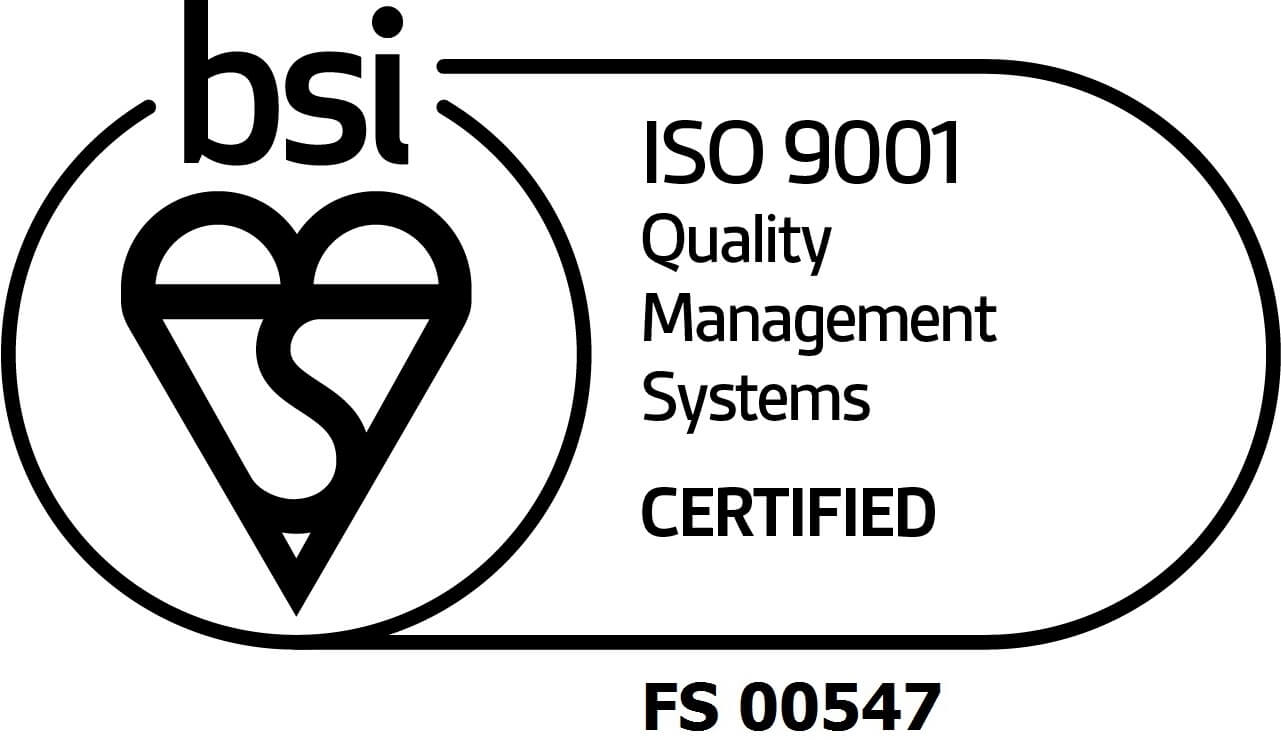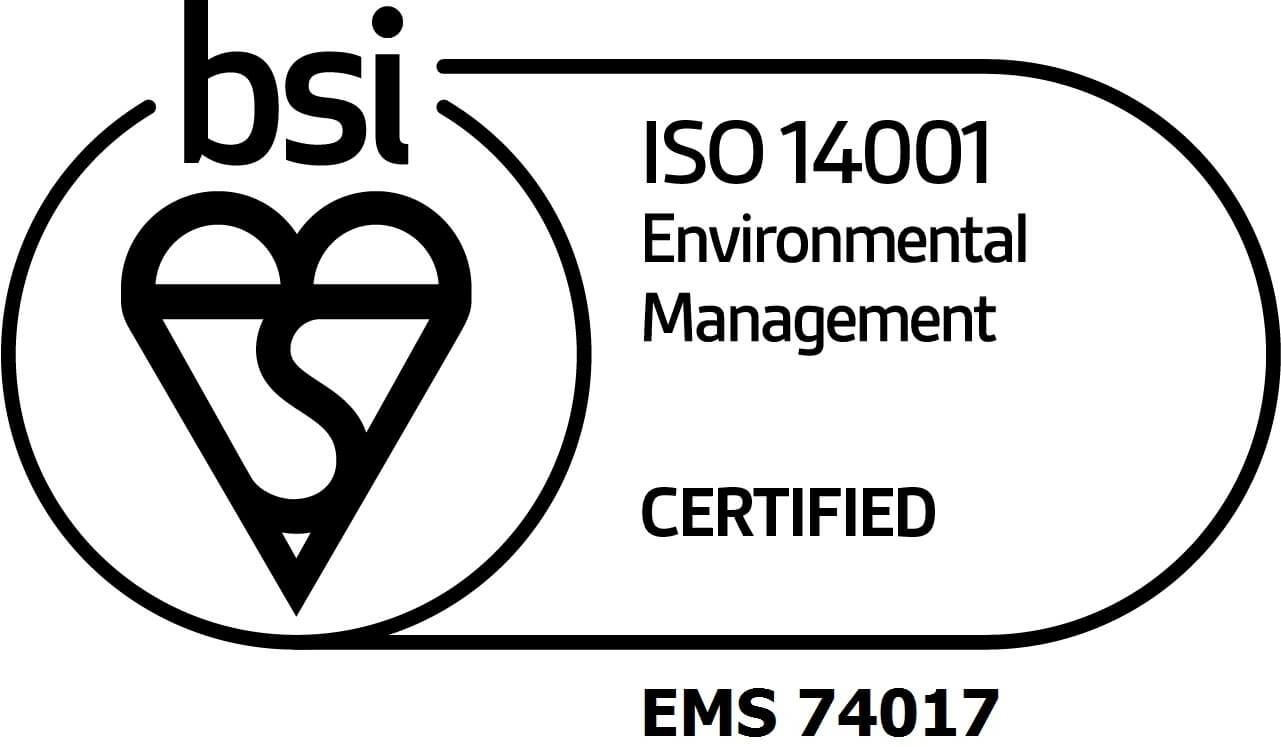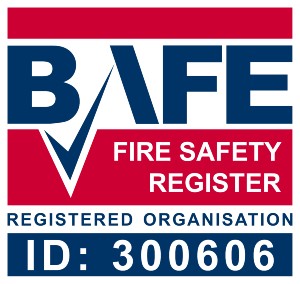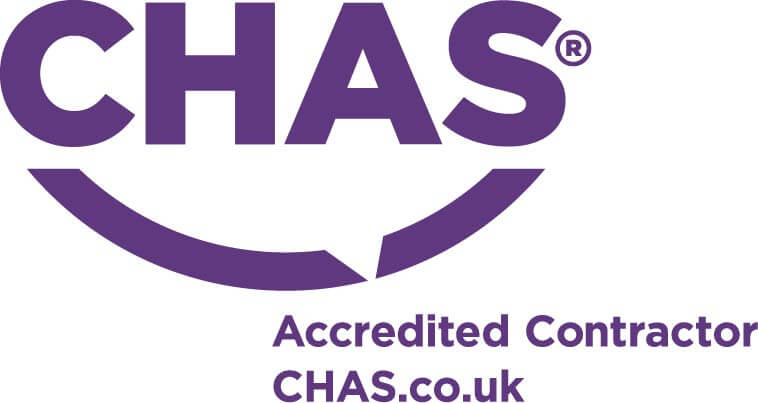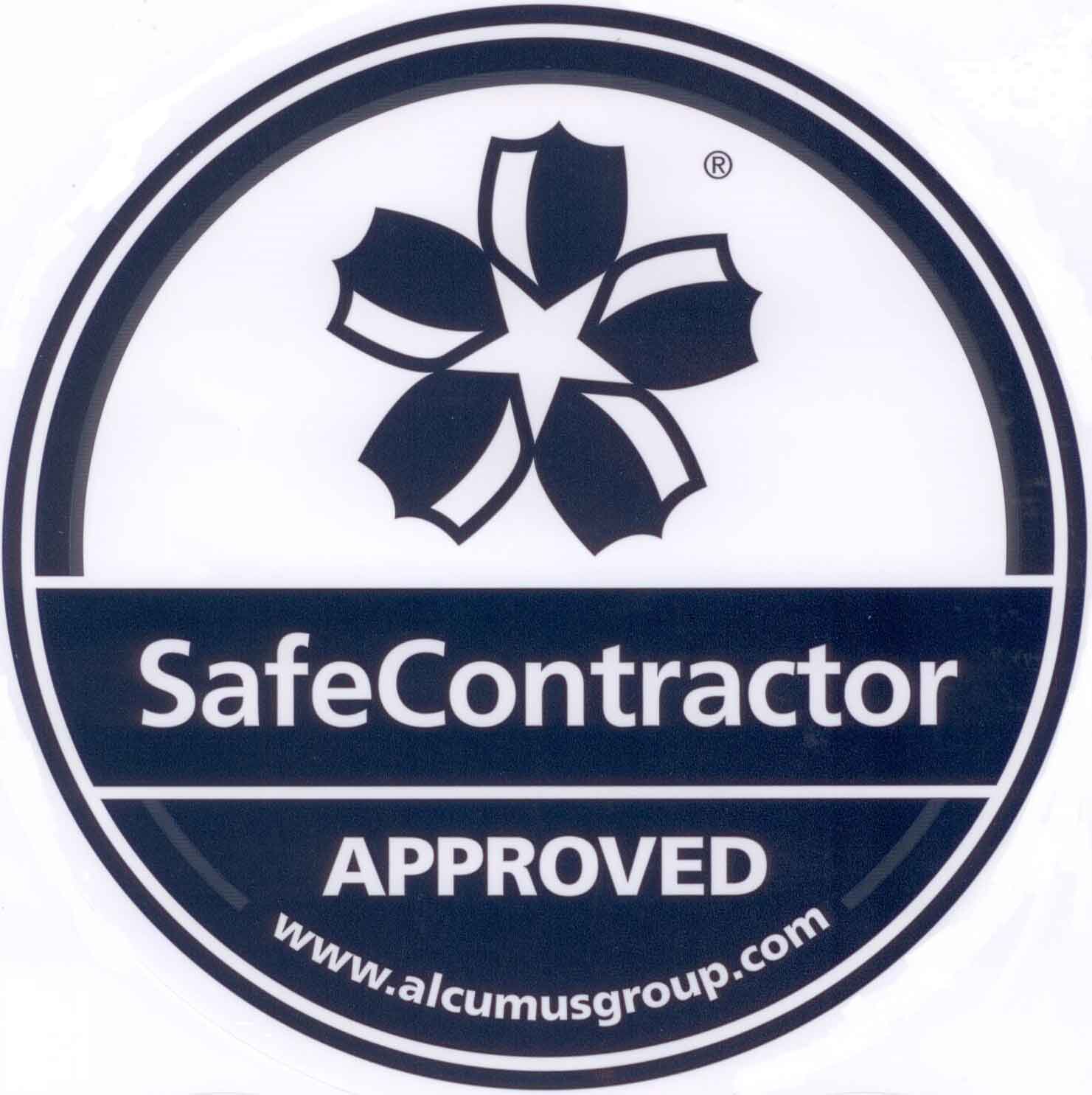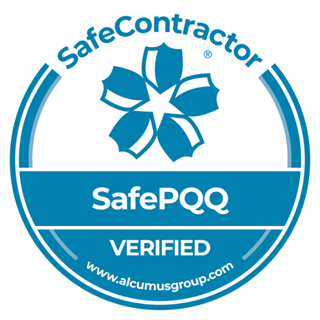Do Electronics Still Need PAT Testing With Hybrid Working?
With the new world of hybrid and home working, there’s a question mark over how work-related electronic devices are kept in safe working condition in line with fire safety regulations.
This article explores the potential fire risks when working from home and how PAT testing works with hybrid working so employers and their staff are informed and educated.
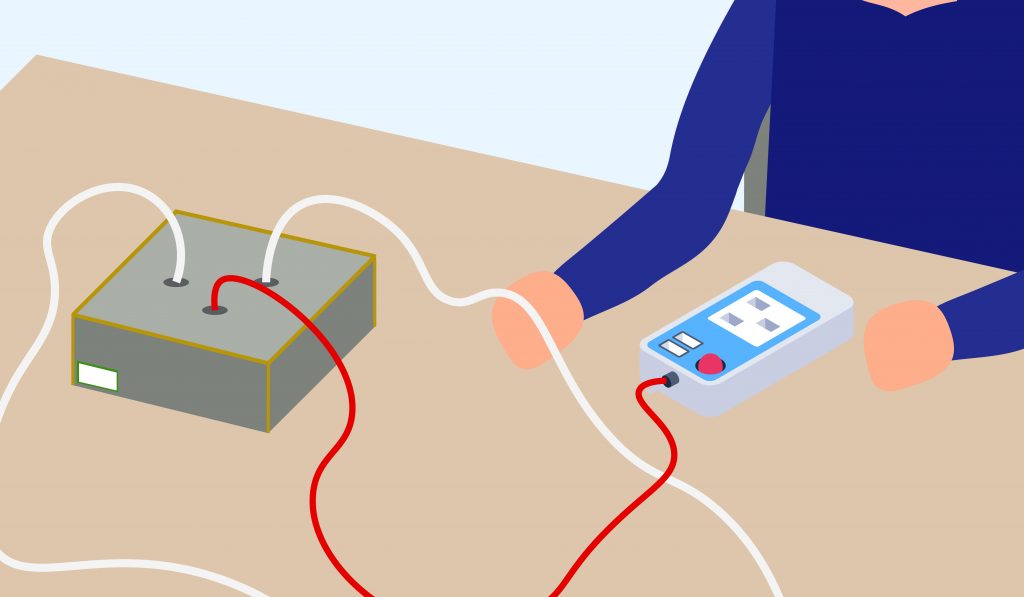
Potential fire risks when working from home
While many of us pay close attention to any obvious fire risks in the home, it’s easy to overlook the potential fire hazards posed by work-related electrical appliances. For example, overloaded plug sockets are at high risk of overheating which can lead to electrical shocks or potential fire breakouts. Likewise, charging laptops on flammable surfaces such as sofas or beds also increases the risk of household fires, particularly if the appliance is unknowingly faulty.
When kitting out their home office, some employees might choose to buy their own equipment. However, unless it is purchased from a legitimate supplier, chances are the equipment hasn’t undergone the required testing and certification to check its safety and compatibility. As a result, the same quality assurance carried out for electrical appliances in the office hasn’t been applied to home-working.
Employer responsibilities
Health and safety standards required for commercial premises might not apply to domestic properties – that said, employers have a duty of care to ensure their staff have a safe working environment which should also cover home-working.
The Electricity at Work Regulations Act (1989) states that employers must ensure all electrical equipment is properly maintained and in safe working order. Portable Appliance Testing (PAT) carried out by a competent person will ensure all electrical equipment is safe to use and will not pose a fire risk. This should be carried out annually on all appliances, from laptops and mobile phones to printers and scanners.
However, a shift towards working from home has meant that many businesses have fallen behind on their annual PAT testing schedule which can have dangerous consequences.
PAT testing and hybrid working
PAT testing can be carried out at home or in the office, depending on the preferences of the individual and company. For this, a qualified assessor will conduct a detailed examination on the equipment to identify any hazards and provide advice on the action that needs to be carried out so it meets the legal standards. Once the electrical items have passed this testing, they will be labelled with a dated green sticker to prove they are safe to use. Any appliances that fail their PAT testing will receive a red label and must be removed immediately.
Raising awareness of the potential fire risks office equipment can pose is important so staff are informed and can adapt their working practices accordingly. Employers may choose to make it a working stipulation that staff are required to make sure their equipment is returned for appropriate PAT testing when required, and that home working can be revoked if they fail to comply.
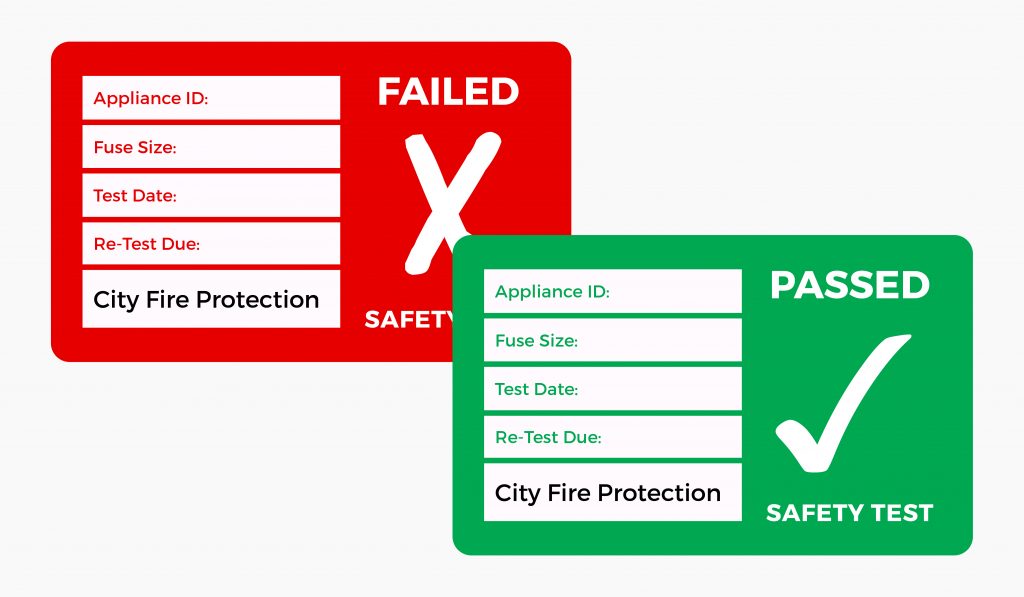
At City Fire Protection, we help businesses throughout Birmingham and London meet their legal requirements with our comprehensive fire safety services, including fire PAT testing. With a wealth of industry experience, we can tailor our approach to suit you and your staff to create a safe working environment.
Reduce the risk of fire at your workplace today – simply give us a call to discuss your requirements and receive a free no-obligation quote.



